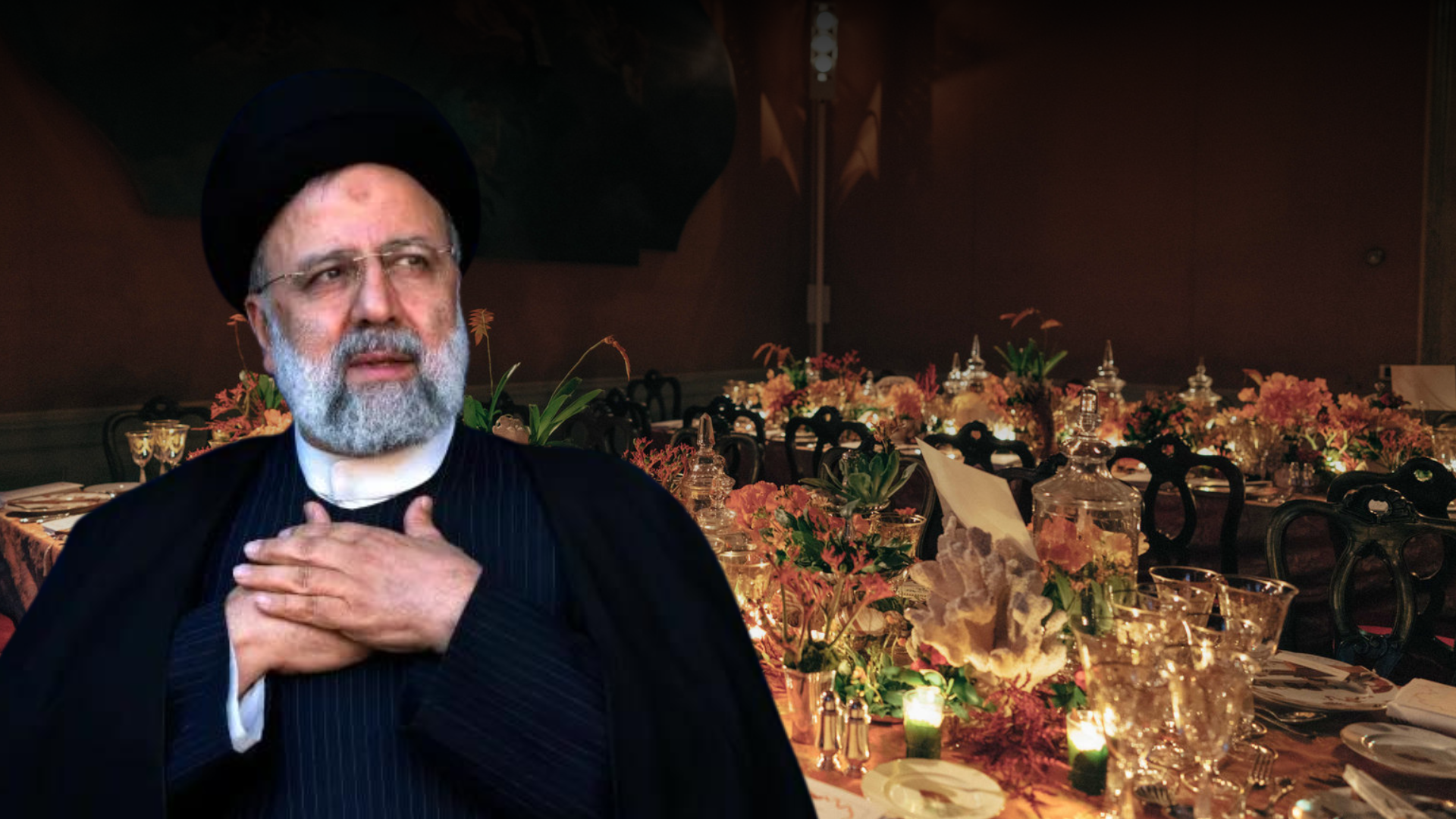After the helicopter crash, hundreds of people gathered in Tehran and Mashhad to pray for the recovery of Iranian President Ebrahim Raisi, hoping for a positive outcome. Sadly, their hopes were shattered when news channels reported Raisi’s death, capturing the tearful faces of many, especially the youth.
As the nation mourned, a significant portion of the population, particularly women, celebrated the news. But why?
Raisi, Known as the ‘Butcher of Tehran’
Ebrahim Raisi, infamously known as “The Butcher of Tehran,” has left a significant and controversial mark on Iran’s history through his political actions and career.
Raisi’s political journey began shortly after the 1979 Islamic Revolution, which ousted the Shah of Iran. At just 20 years old, he was appointed prosecutor-general of the Karaj and Hamadan provinces. His early career was notably marked by the persecution of minorities, especially the Baha’is, Iran’s largest religious minority, leading to numerous deaths and widespread instances of torture and imprisonment.
The most notorious period of Raisi’s career, which earned him his grim nickname, occurred in 1988. Following a United Nations-brokered ceasefire to end the Iran-Iraq War, Supreme Leader Ayatollah Ruhollah Khomeini issued a secret fatwa. This decree resulted in the creation of “Death Commissions,” responsible for the mass execution of political prisoners. Raisi, then the deputy prosecutor of the Revolutionary Court of Iran, was the youngest member of these commissions.
According to reports from Amnesty International and the United States Institute of Peace, between 4,000 to 5,000 political prisoners were executed across Iran during this time, though some estimates suggest the number could be as high as 8,000. This period is considered one of the darkest chapters in Iran’s history, cementing Raisi’s brutal reputation.
Raisi’s brutality on its own people
Domestically, Iran faced mass protests in 2022 following the death of Mahsa Amini in police custody. Amini was arrested for allegedly not complying with Iran’s mandatory headscarf law, and her family, activists, and observers claimed she was severely beaten by the police, although the government stated she died of a heart attack.
The ensuing months of nationwide unrest posed a significant challenge to Iran’s rulers, leading to a fierce crackdown by authorities, resulting in the deaths of over 500 people and the detention of about 22,000 others.
Raisi, A Sharia Law extremist
Ebrahim Raisi has been a staunch advocate for sex segregation, arguing that women perform better in a completely separate and suitable environment. In a 2014 interview about a proposed segregation in Tehran Municipality, he emphasized this belief.
Raisi has also supported the Islamisation of universities, advocated for the revision of the Internet, and endorsed the censorship of Western culture. He viewed economic sanctions as an opportunity, asserting that a well-performing government would ultimately benefit the people.
On the topic of law enforcement, Raisi proposed the implementation of guidance patrols, particularly targeting managers. He defended the amputation of thieves’ hands, a practice rooted in a strict interpretation of Sharia law, claiming that such punishments were a source of pride and would continue in the future.
How did those people celebrated Raisi’s death?
On social media, activists like Masih Alinejad, an Iranian-American author and women’s rights advocate living in New York City, are expressing joy at Raisi’s demise.
“I think this is the only crash in history where everyone is worried if someone survived.”
“Happy World Helicopter Day!”
Iranian social media is flooded with jokes about Ebrahim Raisi’s helicopter crash. This is how oppressed people fight back through humor.
— Masih Alinejad 🏳️ (@AlinejadMasih) May 19, 2024
User name Dan Harris (with the description in his bio “China/Russia/North Korea/Iran are an axis of evil”)
“I think this is the only crash in history where everyone is worried if someone survived.”
“Happy World Helicopter Day!”
Iranian social media is flooded with jokes about Ebrahim Raisi’s helicopter crash. This is how oppressed people fight back through humor.
— Masih Alinejad (@AlinejadMasih) May 19, 2024
Another video shows the daughters of anti-regime protester Minoo Majidi, 62, raising a toast to the news of the helicopter crash. Majidi was among the hundreds killed while protesting Amini’s death. Her daughter, Roya Piraei, previously told the BBC that her mother was shot 167 times by security forces.
هلیکوپتر
هلیکوپتر
pic.twitter.com/4ob9LPIZaI— Mahsa Piraei مهسا پیرایی (@mahsa_piraei) May 19, 2024






















